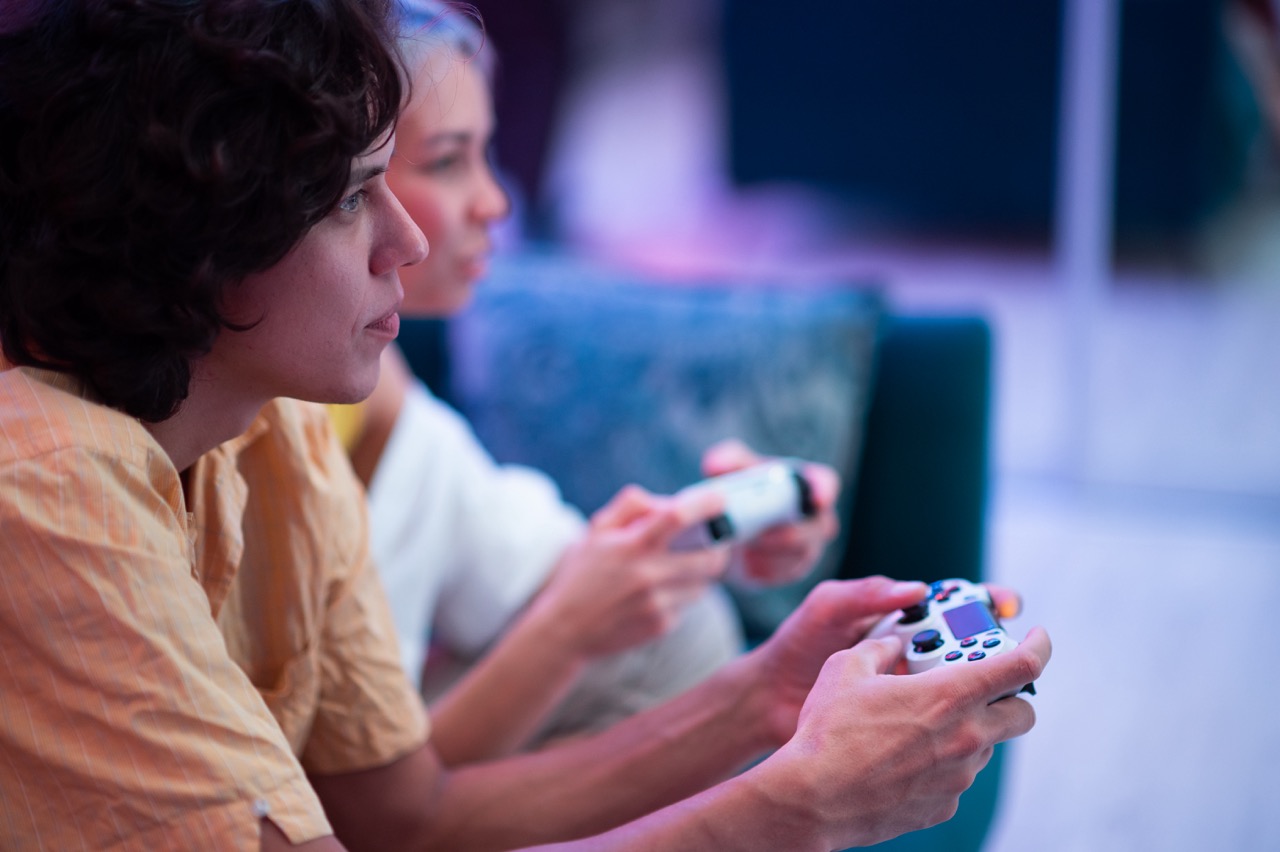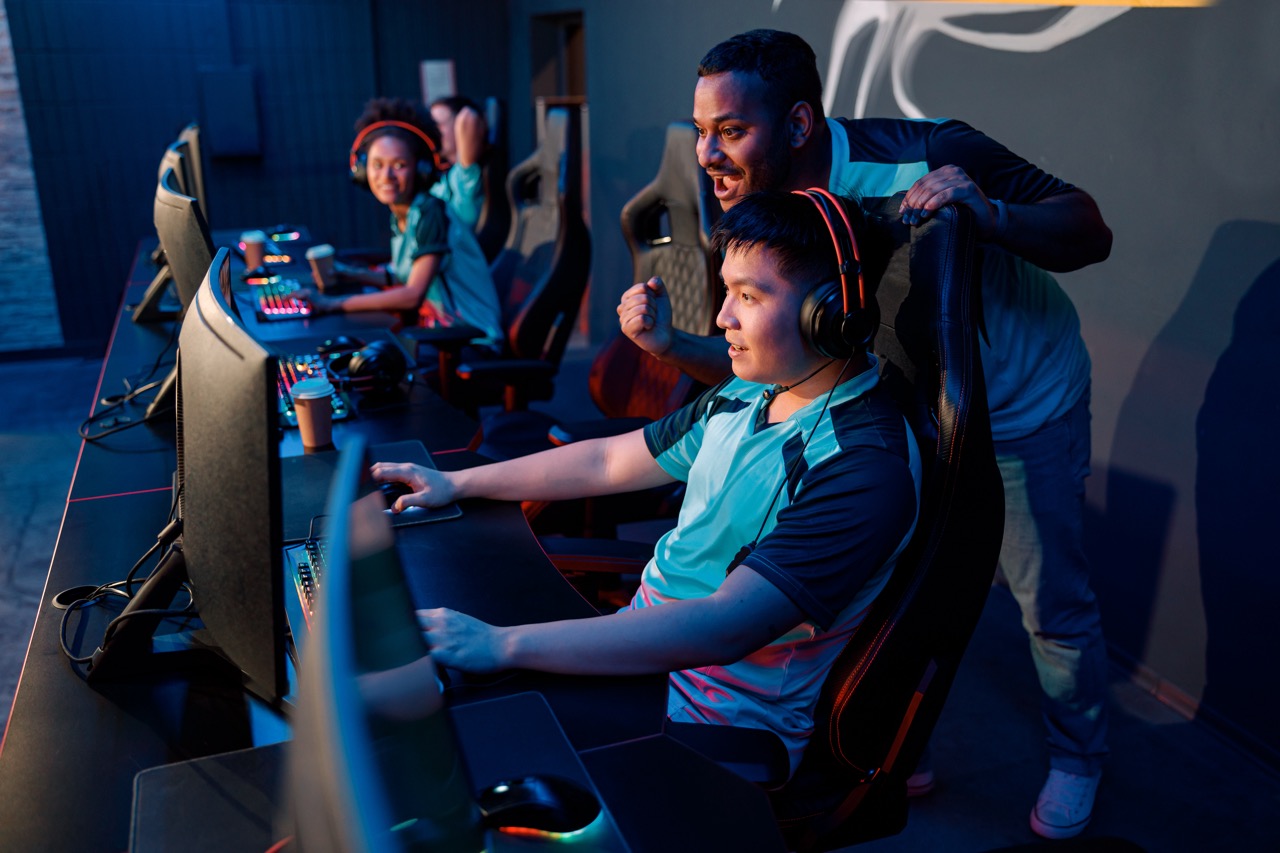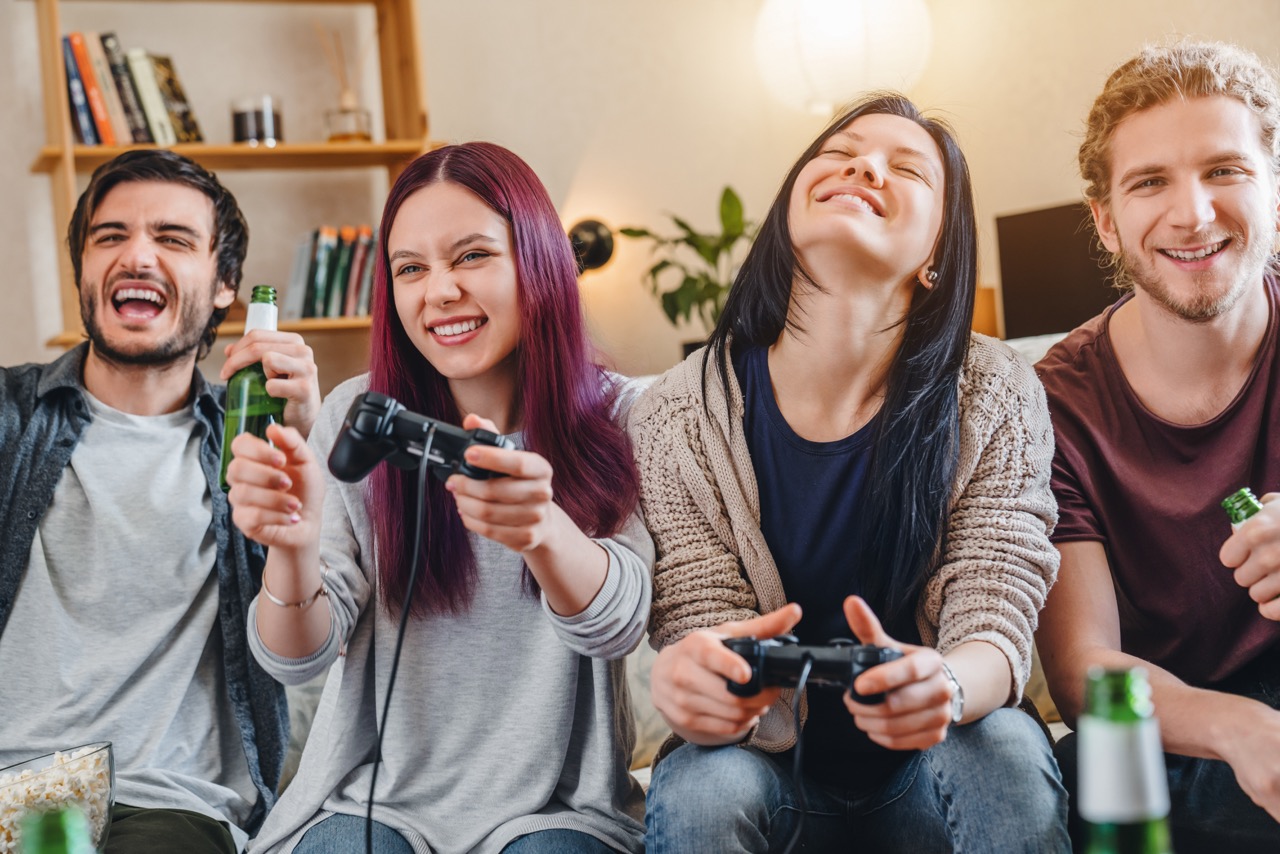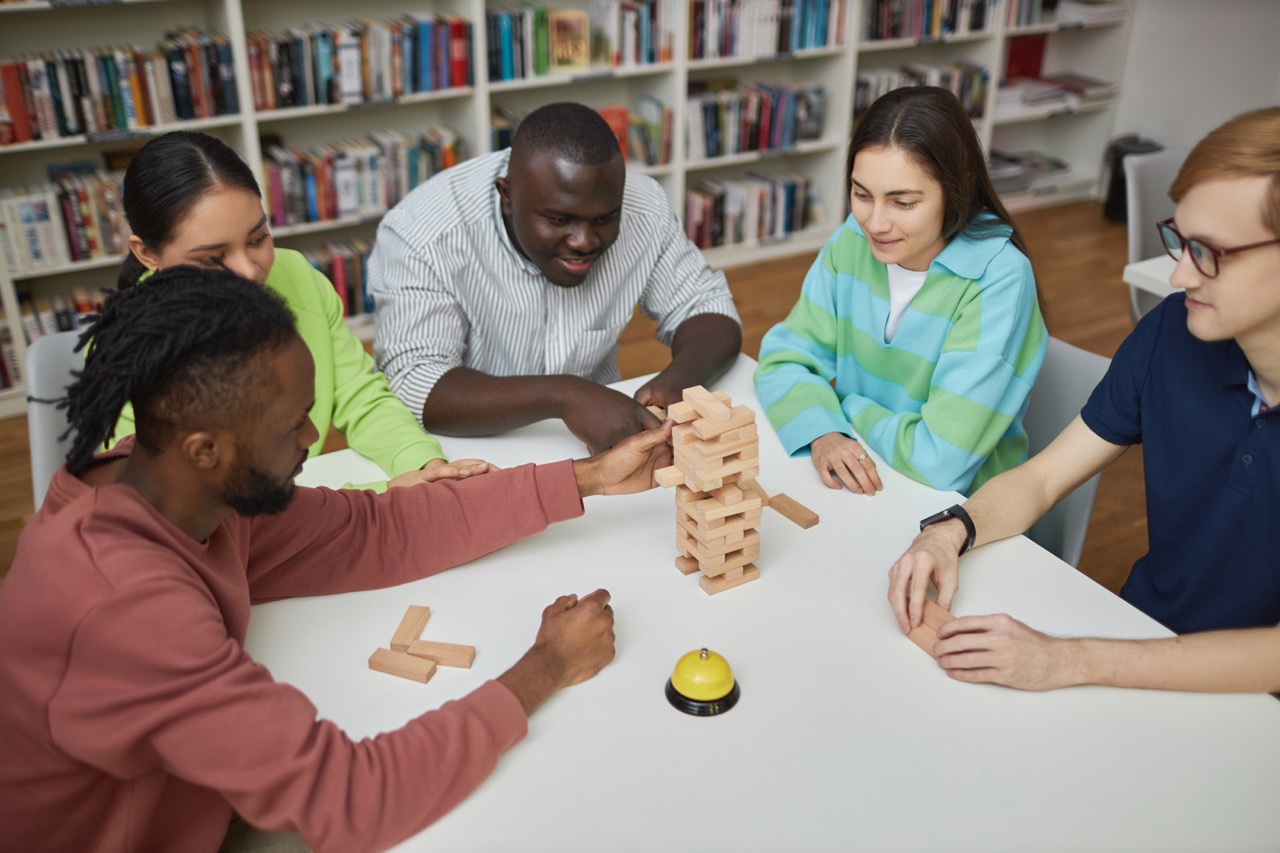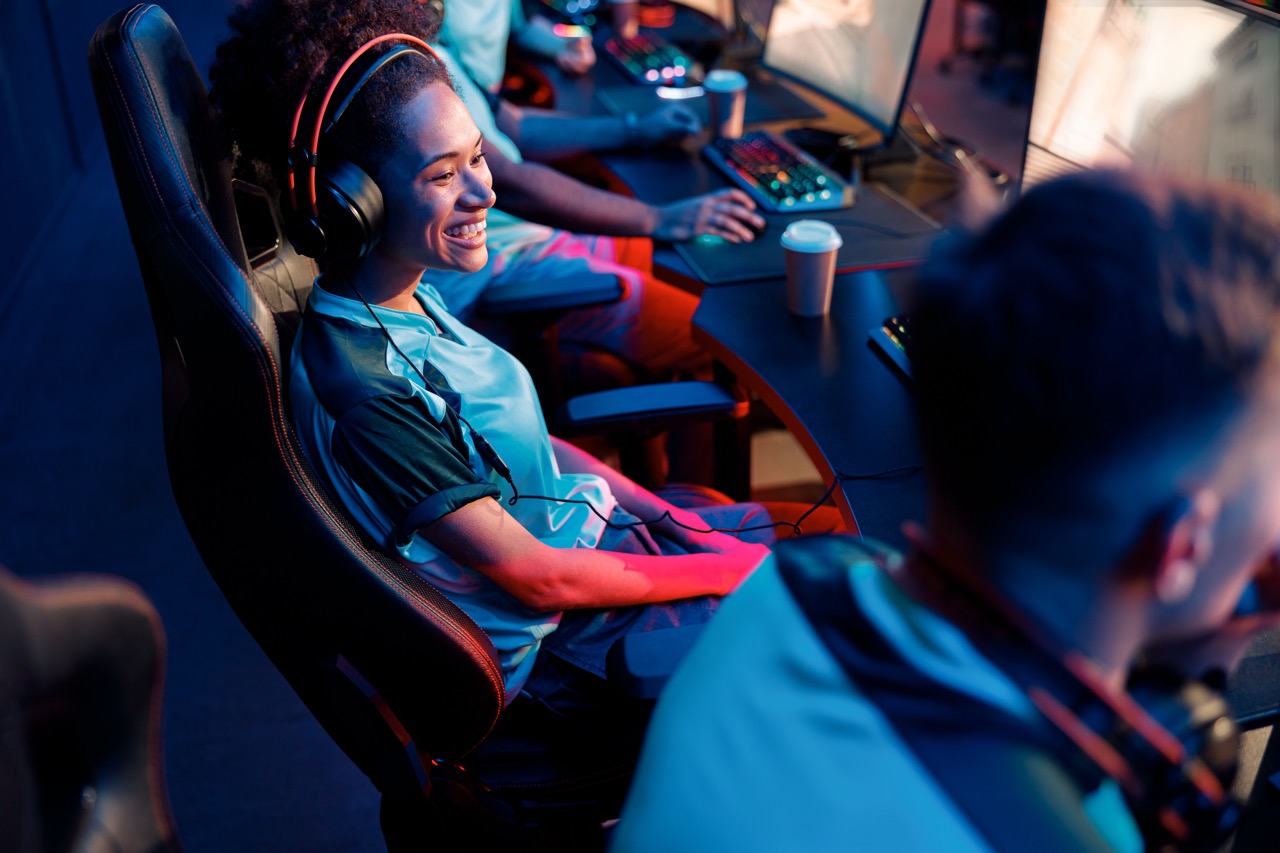In today’s fast-paced world, stress and anxiety have become common battles for many of us. Whether it’s the pressure of work, relationships, or just the chaos of daily life, finding effective ways to manage these feelings is essential. One avenue that has gained traction in recent years is gaming. While some critics argue that gaming might lead to further isolation or distraction, many gamers and researchers suggest that video games may actually serve as a viable method for reducing stress and anxiety. Let’s dive deeper into this phenomenon and explore the potential benefits of gaming in the context of mental health.
Understanding Stress and Anxiety in Today’s World
Stress and anxiety are not new concepts, but their prevalence in modern society is certainly on the rise. Factors such as technology overload, economic uncertainty, and social pressures have all contributed to a heightened sense of unease in our daily lives. The World Health Organization recently reported that anxiety disorders are among the most common mental health issues worldwide, affecting millions of people. This makes it crucial to find effective coping mechanisms that can help alleviate these feelings.
For many, the symptoms of stress and anxiety manifest in physical ways, such as headaches, fatigue, or insomnia. This makes it even more important to address these mental health challenges proactively. While traditional methods like therapy and medication are often recommended, alternative approaches—like gaming—are gaining recognition for their potential benefits. After all, finding a way to relax and unwind is essential for overall well-being, and gaming could be part of that solution.
Moreover, the stigma surrounding mental health has been decreasing, leading to more open discussions about how we cope with stress. In this climate, the gaming community has become a platform where individuals can share their experiences and strategies for managing mental health. With many gamers openly discussing their struggles and successes, it’s clear that gaming is not just a pastime but can also be a valuable tool for emotional support.
Lastly, understanding how stress and anxiety function is key to leveraging gaming as a coping mechanism. Stress triggers our fight-or-flight response, which can lead to overwhelming feelings if not managed properly. By engaging in gaming, individuals can shift their focus, allowing their minds to step away from stressors and immerse themselves in new, imaginative worlds. This shift can be incredibly beneficial for mental clarity and emotional balance.
The Role of Gaming in Mental Health Conversations
Gaming has often been a topic of criticism, but it’s important to recognize its evolving role in mental health conversations. Critics often highlight potential negative aspects, such as addiction or social isolation. However, many players have found solace in gaming, using it as a source of comfort and connection. The gaming community is vast and diverse, with people coming together to share experiences, strategies, and emotional support.
As mental health becomes an increasingly important topic, the gaming industry has responded by incorporating themes of mental health into gameplay. Games like "Celeste," which deals with anxiety, or "Hellblade: Senua’s Sacrifice," which explores mental illness, have brought awareness to these issues. Such games not only provide entertainment but also encourage discussions around mental health, helping players feel less alone in their struggles.
Social gaming has also emerged as a significant way for individuals to connect. Multiplayer games allow friends and strangers alike to team up, fostering a sense of community that can help alleviate feelings of isolation. During times of crisis, like the COVID-19 pandemic, many turned to gaming to maintain connections with friends and loved ones, proving that gaming can be a powerful social outlet.
Finally, the rise of mental health advocacy within gaming circles shows that it’s more than just a recreational activity; it can be a platform for healing. Gamers are increasingly vocal about their experiences, using streams, forums, and social media to share how gaming has positively impacted their mental well-being. This dialogue is crucial for normalizing discussions about mental health and recognizing the potential benefits of gaming.
How Video Games Can Help Distract from Worries
One of the most immediate ways gaming can help reduce stress and anxiety is through distraction. When you engage in a video game, it requires your full attention, allowing your mind to set aside worries about work, relationships, or other stressors. This immersive experience can offer a much-needed break from reality, which is especially beneficial during overwhelming times.
Many people find that gaming offers an escape into fantastical worlds, where they can experience adventures that are far removed from their everyday lives. This escapism can provide a sense of relief, as players can forget about their problems, even if just for a little while. Whether it’s slaying dragons in a fantasy realm or solving mysteries in a thrilling detective game, the ability to step away from your own life can have a calming effect.
Additionally, gaming can also serve as a form of mindfulness. By focusing on the game’s mechanics, objectives, and storylines, players may find themselves in a flow state—a mental state of deep concentration and engagement. This can lead to a reduction in anxiety, as the player is absorbed in the game rather than being preoccupied with real-world concerns.
For many, playing video games can also create a sense of achievement, whether it’s leveling up a character or completing a challenging quest. These small victories can boost self-esteem and foster a sense of purpose, which can be incredibly uplifting when experiencing stress and anxiety. By providing both distraction and accomplishment, gaming can effectively contribute to an improved mental state.
The Science Behind Gaming and Stress Relief
The relationship between gaming and stress relief has garnered attention from researchers, leading to a growing body of evidence supporting the benefits of video games. Studies have shown that gaming can activate the brain’s reward system, releasing dopamine—a neurotransmitter associated with pleasure and satisfaction. This chemical reaction can help counteract feelings of stress and anxiety, making gaming a potentially beneficial activity for mental health.
Research also indicates that certain types of games can promote relaxation. For instance, casual games or puzzle-based games often provide a calming effect, as they encourage players to think critically without the pressure of intense competition. These games can serve as a form of meditation, allowing players to refocus their minds in a soothing manner.
Furthermore, findings from various studies suggest that cooperative and social gaming can enhance feelings of connectedness and support, which are vital for mental wellness. Games that encourage teamwork allow players to bond over shared goals, providing a social outlet that combats feelings of loneliness. This social interaction can lead to improved mood and lower levels of anxiety.
Finally, it’s essential to note that, like any activity, moderation is key. Overindulgence in gaming can lead to isolation, sleep deprivation, and neglecting responsibilities, which can exacerbate stress and anxiety in the long run. However, when approached mindfully, gaming can serve as an effective tool for mental health management, providing both relief and enjoyment.
Finding the Right Games for Relaxation and Fun
With the vast array of games available today, finding the right one for relaxation and stress relief can be a bit overwhelming. The good news is that there are plenty of genres and titles that cater specifically to those looking to unwind. Casual games, such as "Stardew Valley" or "Animal Crossing," create a peaceful environment where players can engage at their own pace, allowing for a more relaxing experience.
Puzzle games are another excellent option for stress relief. Titles like "Tetris" or "Portal" encourage problem-solving and critical thinking, immersing players in engaging challenges without inducing excessive stress. These games can provide a sense of accomplishment without the competitive pressure often found in action or multiplayer games.
For those seeking a meditative experience, consider exploring simulation games. Games like "The Sims" or "Cities: Skylines" allow players to create and manage their own worlds, offering a satisfying and calm environment. These types of games can also encourage creativity, allowing players to express themselves and experiment in a low-pressure setting.
Lastly, it’s essential to listen to your own preferences and feelings. Everyone has different tastes, and what works for one person may not work for another. Exploring different genres and games can help you find what feels relaxing and enjoyable for you. The key is to select games that resonate with your interests and provide a sense of comfort, ultimately enhancing your gaming experience.
Tips for Balancing Gaming and Mental Well-Being
While gaming can undoubtedly serve as a valuable tool for reducing stress and anxiety, balance is key to ensuring it doesn’t become a source of additional pressure. Setting time limits on gaming can help prevent excessive play and ensure that it doesn’t interfere with responsibilities or social relationships. This way, you can enjoy gaming without it becoming a source of guilt or stress.
Another great tip is to incorporate gaming into a broader routine that includes various activities for mental well-being. Engage in physical exercise, practice mindfulness, and maintain social connections outside the gaming world. This balanced approach can provide a holistic way to manage stress and anxiety, allowing gaming to be a fun part of your life rather than the sole focus.
Consider being mindful of the content you consume as well. Some games can be intense, competitive, or emotionally draining, which may not be ideal for moments when you’re feeling particularly anxious. Opting for lighter, more enjoyable experiences can enhance your gaming sessions and provide the relaxation you’re seeking.
Lastly, take the time to reflect on how gaming affects your mood and stress levels. Keeping a journal or simply checking in with yourself after a gaming session can help you gauge whether it’s positively contributing to your mental health. This self-awareness can empower you to make informed decisions about your gaming habits and ensure that they align with your overall well-being.
In conclusion, gaming can indeed serve as a valuable resource for reducing stress and anxiety when approached mindfully. While it’s crucial to keep balance in mind, the potential benefits of gaming—ranging from distraction and relaxation to social connection and accomplishment—are noteworthy. As mental health conversations continue to evolve, it’s essential to recognize and celebrate the positive role that gaming can play in our lives. So whether you’re venturing into a new fantasy world or solving a puzzle, remember that gaming can be more than just a hobby; it can be a pathway to a healthier mindset






